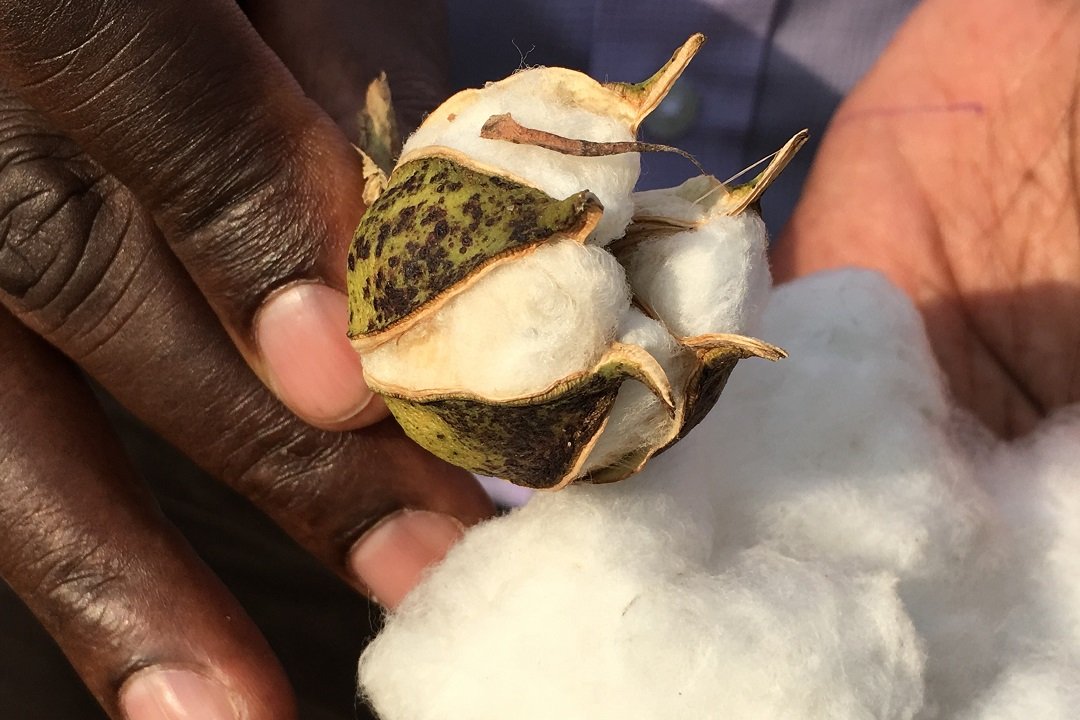
Submissions
The Journal of Fair Trade bring together academics and practitioner voices. It started, in 2018, as a response to the debate, division and argument around the diversification of approaches to fair trade and the lack of narrative and cohesion in thinking about what fair trade is, or should be. This was happening at the same time as watching some of the best practices and practical efforts on the ground being eclipsed and stripped of contentious propositions like ‘fairness’, redistribution, regeneration, partnership by other concepts such as sustainability, ethical trade and ESG.
The Journal is meant to be a platform, a source of evidence-based guidance and a place and means to reboot the fair trade movement. We publish many voices: academics, producers, coop leaders, researchers, people practicing fair trade and those whose efforts are pushing the front line. Many non-academics and activists have been mentored into the Journal pages already. The range of subjects published so far is very broad.
Please get in touch if you would like to submit an article .
Submission Guidelines. See the Journal of Fair Trade Author Guidelines document here.
The Journal of Fair Trade is a biannual, single-blind, peer-reviewed title published by Pluto Journals bringing together academics and practitioner voices. The Journal is owned and run by the Journal of Fair Trade Society (with support from the Pluto Educational Trust), a membership organisation which reflects the wider movement and all who are passionate about change. Join us: Action Practice Theory Justice!
Here you can read the Journal of Fair Trade Guidelines for Reviewers.
Volume 7 Issue 1
The Life and Work of Frans van der Hoff.
The Journal of Fair Trade is calling for papers to curate a Special Edition on “The Life and Work of Frans van der Hoff”. We welcome submissions by 1st December 2025. Read more here on the Special JOFT Issue on The life, work and legacy of Frans van der Hoff. Guidelines for contributors are available here.
If you have ideas or questions please email Emma Anderson, emma.anderson@joft.org.uk .
___________
Volume 7 Issue 2
The Journal of Fair Trade is calling for papers to curate a Special Edition on "Livelihoods, Community Resilience & Environmental Regeneration: the role of smallholder organisations, coops & Social Enterprise".
Livelihoods, Community Resilience and Environmental Regeneration: the role of smallholder organisations, coops and social enterprises. What is the case for and against the role of farmer coops, social enterprises/third sector organisations in sustainable transformation and mitigating climate change?
There is a growing sense that "projectised social" and environmental interventions are costly and not always 'durable'. Do SPOs/coops/SME alliances and clusters that acquire skills, infrastructure and community presence and have more longevity or more impact?
The JoFT Society is accepting Submissions now. We welcome producer co-op/social enterprise case studies/experiences as well as theoretical work, critique and evaluation. Guidelines for contributors are available here.
Contact Emma Anderson, Journal Manager, emma.anderson@joft.org.uk if you have ideas or questions.
___________
On credible content and impact:
The Journal of Fair Trade invites from anyone who wishes to contribute to the debate and all contributions will be constructively reviewed in line with the Journal's single-blind peer review policy.
Here is our regular, non-special Edition Submission Guidelines document.
For any questions regarding the Guidelines for Contributors, the submission process and copy deadlines, please contact Emma Anderson , Journal Manager. To discuss a prospective journal contribution please contact Pauline Tiffen, Editor-in-Chief.
Authors of all accepted contributions will be asked to provide a square, portrait photo and to prepare a tweet length summary of their contribution. We will check and support any authors with the requirement of setting up an ORCID number.
The Journal of Fair Trade Society confirms strong endorsement of the Journal of Fair Trade being a scholarly journal not a magazine, advocacy or marketing.
Members and supporters of the Journal of Fair Trade Society met online in November 2022 to discuss how best to run and shape the Journal for the next 3-5 years. The shared views and broad agreement reached was:
We can have a wide range of articles and voices including manifestos, opinions and perspectives, but these need to be labelled as such to distinguish them from scholarly work as so much of what is published on fair trade, standards, or certification is not systematic, and it is hard to separate what is real research and what is ‘marketing’.
The Journal should focus on multi-disciplinary, peer-reviewed work, methods and approaches that are robust, data-driven (whether quantitative or qualitative or other methodologies) if we want to be impactful, and for the articles to be taken seriously and read for a long time to come.Journal articles are credible sources of information for other writers and researchers who reach mainstream audiences, politicians and policy makers which expands the reach and impact.
Further, the issue of intersectionality was raised: not seeing trade as trade alone, divorced from its roots in colonialism, unequal gender relations, and so on. It is important to promote collaboration across disciplines and authors who think this way. Fair trade can and should find connectivity with many other disciplines. Setting the fair trade movement within and alongside other movements was stressed.
The Pluto Journals family with its wide-ranging subject matter was considered as an untapped strength for the Journal of Fair Trade.
The Journal needs to consider including: publishing and making available work in different languages (French, Spanish, Welsh et al) and the English language domination in the Fair Trade field. The group discussed the inevitable reliance on volunteers because of cost of translations, and the ‘best of the bunch’ software options like DEEPL (https://www.deepl.com/en/translator).

